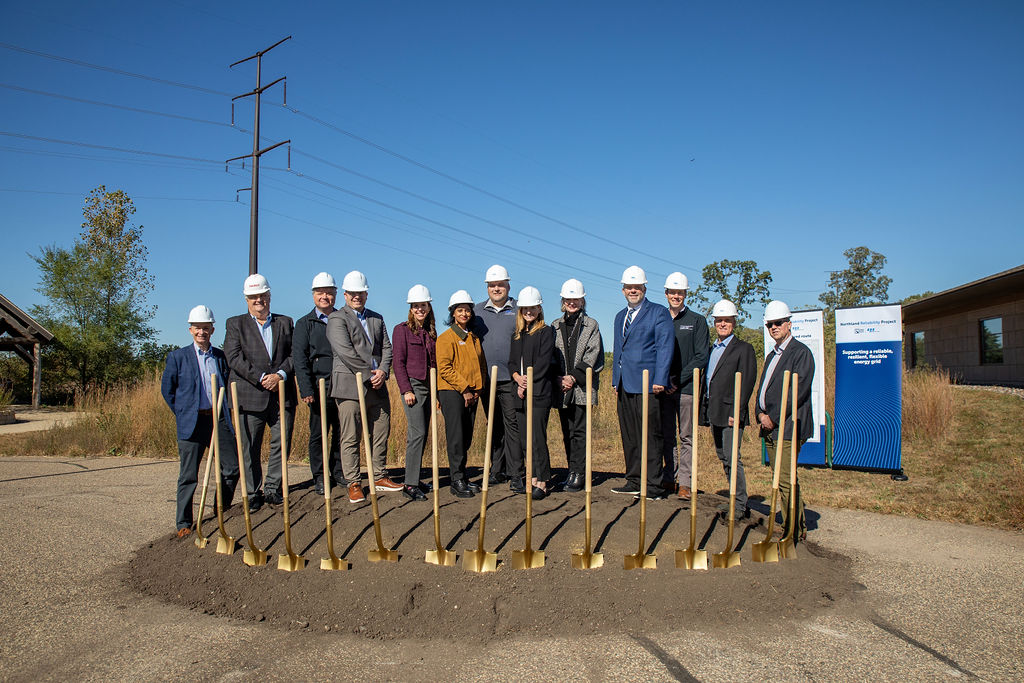Minnesotans experience weather in extremes oftentimes on a recurring cycle — from deep freezes to big melts to heat waves — which means electric cooperatives must be prepared year-round to keep electricity flowing to homes, farms and businesses no matter what Mother Nature brings.
When temperatures drop as low as they did during the polar vortex earlier this year, or reach heat index values as high as 100 degrees during the summer, Great River Energy and its member-owner cooperatives deploy demand response programs in order to cost-effectively meet members’ electrical demands.

More than 200,000 residents participate in programs that allow cooperatives to cycle their air conditioner, water heater or some other electric device for a period of hours on high-demand days. Because of this, Great River Energy can control 15% of its peak load — or the equivalent of reducing electricity demand by more than 200,000 homes on a normal summer day.
“We are able to be very proactive in anticipation of extreme weather events and work closely with our members to ensure they are properly prepared,” said Josh Hebert, load management specialist at Great River Energy. “We depend on the flexibility of our programs, and the membership, to avoid paying higher market costs during times when demand for electricity is high. These programs also help avoid transmission and substation equipment from reaching thermal limits during extreme heat.”
In addition to these programs, Great River Energy owns and operates a fleet of natural gas peaking stations across Minnesota that generally run only on the hottest and coldest days of the year. These plants can start up in a matter of minutes to add electricity quickly and dependably to the grid when needed.
When combined with the Midwest’s high availability of wind, natural gas peaking plants provide stability today and flexibility for a future with new energy technologies.
Most of the cooperative’s peaking plants are “dual fuel” facilities, meaning they can operate on fuel oil when demand for natural gas is heightened.
With these programs and power supply assets in place, cooperative members can depend on reliable, affordable electricity throughout all of Minnesota’s seasons.
 " data-object-fit="cover">
" data-object-fit="cover">